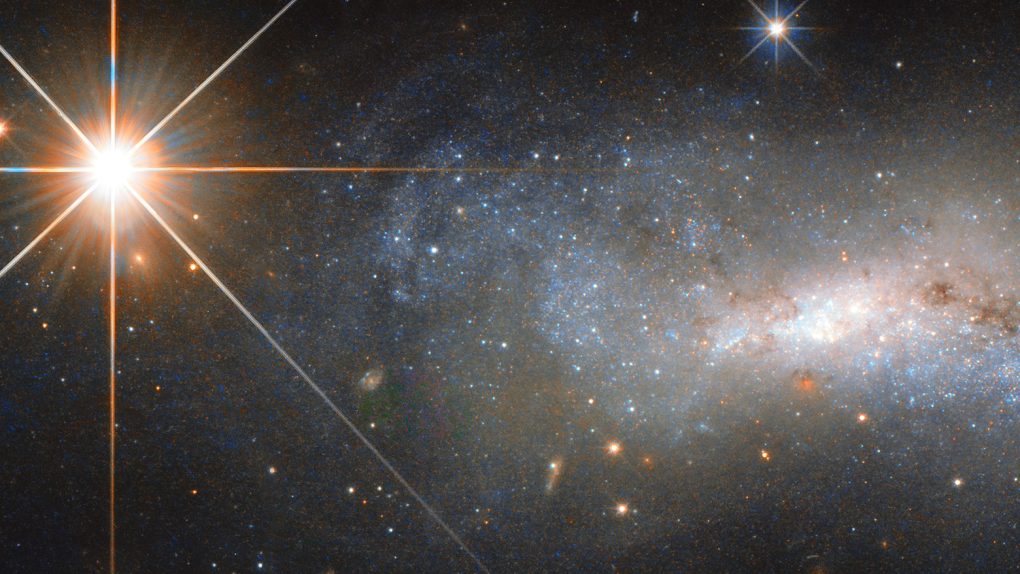The Universe is growing. Scientists have known as much for decades, but the rate at which it is getting bigger has been the topic of debate, with different measurements pointing to different rates of growth. Now, in an attempt at ruling out anomalies in the data, researchers have solidified their findings and published them in a new paper in Astrophysical Journal Letters.
The research effort, led by professor Adam Riess of The Johns Hopkins University, used data gathered by NASA’s Hubble Space Telescope to pin down the rate at which the Universe is ballooning. The team has come to the conclusion that the Universe is growing at a rate that’s approximately nine percent faster than previous estimates.
Using a new method of observing dozens of distant stars using the Hubble’s powerful lens, the researchers gathered data that helps estimate the rate at which objects in the universe are separating, thereby offering insight into the expansion of the Universe itself.
Data derived from Hubble observations has long been starkly different than earlier estimates of Universe expansion conducted by observing far more distant objects in the cosmos. Thanks to the speed of light being a constant, researchers can look at far-off objects and see how they behaved billions of years ago, with the light only now arriving at Earth.
Ultimately, estimates from the earliest days of the Universe conflicts with the current readings, with the more recent data pointing to faster expansion. However, this doesn’t necessarily mean that either of the estimates are wrong, just that the speed of expansion seems to be changing, and it’s possible that there’s some force at work that scientists have yet to identify.
“This is not just two experiments disagreeing,” Riess said in a statement. “We are measuring something fundamentally different. One is a measurement of how fast the universe is expanding today, as we see it. The other is a prediction based on the physics of the early universe and on measurements of how fast it ought to be expanding. If these values don’t agree, there becomes a very strong likelihood that we’re missing something in the cosmological model that connects the two eras.”








